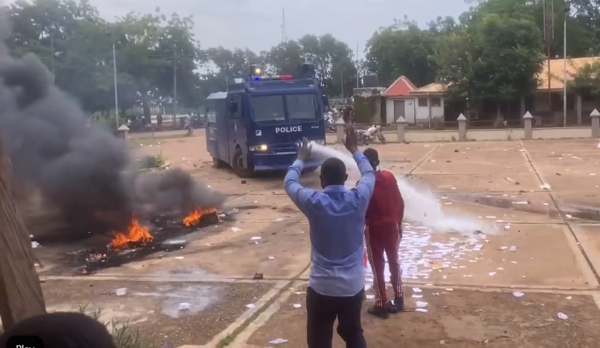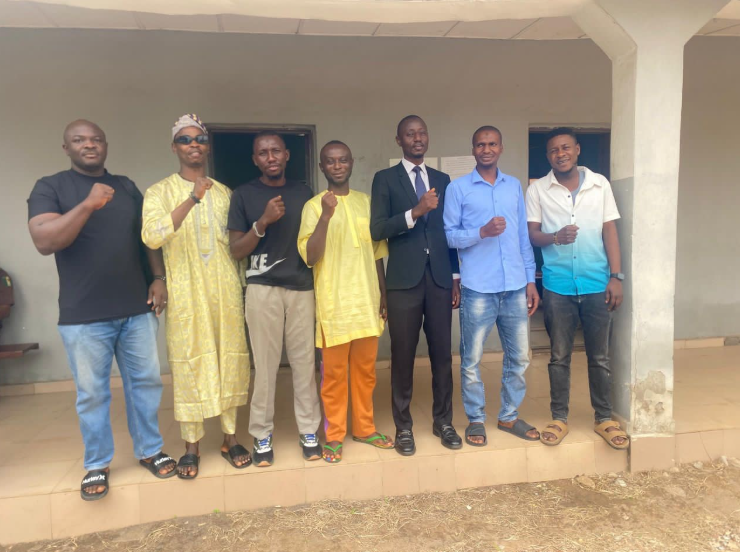Three students from Tamale Technical University (TaTU) in Ghana’s Northern Region and three police officers were injured on September 16, 2025, during a confrontation at a campus protest. The demonstration, organised by the Graduate Students’ Association of Ghana (GRASAG) and the Students’ Representative Council (SRC), sought to highlight long-standing grievances. The tall list of grievances includes; alleged exclusion of student leaders from the university’s fee-fixing committee, delays in releasing SRC funds, concerns over student welfare, mismanagement of resources, attempts to impose unjustified fee increases and the continued withholding of certificates from some graduates for more than two years.
Witnesses, including SRC Public Relations Officer Musa Muhamudu, said the protest began peacefully. Tensions escalated when police arrived, firing warning shots, releasing tear gas and spraying hot water at the demonstrators. According to a statement from the Tamale Regional Police Headquarters, the intervention, led by Police Superintendent Richard Lantei, was justified because the protest was “unlawful” and students “became automatically hostile upon seeing security forces and started pelting stones.” The clash left three students and three police officers injured.
The incident highlights persistent concerns about heavy-handed policing during public demonstrations in Ghana and raises questions about how security agencies balance public order with the right to peaceful assembly. Maintaining law and order is essential, yet the injuries sustained by both students and officers point to a failure of crowd control.
The Media Foundation for West Africa (MFWA) urges security services to exercise restraint and adopt non-violent methods when responding to protests. Negotiation, mediation and respect for fundamental rights must take precedence over force if public trust is to be restored and future confrontations avoided.






